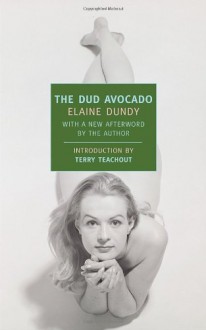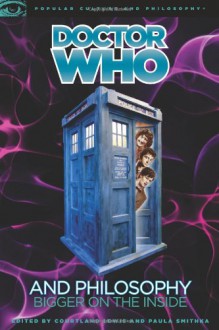
“It’s amazing how right you can be sometimes be about a person you don’t know; it’s only the people you do know who confuse you.”
Where have you been hiding all these years, Sally Jay Gorce? How is it that a sixty-year-old novel with a quirky name, a novel I've never even heard of before, has been hiding one of the most clear-eye, interesting and honest female protagonists either side of the sexual literature? And why does a novel released in 1955 feel more current than so many attempts at capturing my own age?
I found The Dud Avocado in a clickhole, looking up Paris-set novels I'd like my friends to check out on their vacation to the city of lights. I was struck by the odd title and discovered good notes and reviews. Now I'd like to add my own take to that list.
The Dud Avocado is a 1950s roman a clef about by Elaine Dundy about her post-collegiate adventures in Paris. It's a form ripe with opportunities to go wrong. Some list off a string of unrelated anecdotes, and others craft some heavy-handed lesson about coming of age. Dundy manages to navigate the narrow straits between and write a novel that reads true to the experiences of life in your 20s, and the larger challenge of that period when you're facing all the possibilities and limits of the world and deciding who you are.
When we meet our protagonist, Sally Jay Gorce, she has already been in Paris for months. She has an Italian lover, a group of bohemian friends, an allowance from her French uncle, and a crush on a friend from home she just ran into on the street. It's the beginning of the end of her Paris days, but she doesn't know that yet. What ensues is a series of events, most funny in some way, some devastating, and at least a few are both. And when I say they are all enlightening, I don't mean to expect a moral, only that she, like us, is always learning what people are capable of, both for better and worse.
The Dud Avocado was released about two years before On The Road introduced us to that other Sal, and I have to say Sally is the more compelling of the characters. She is much more clear-eyed about free-living, it's benefits and its pitfalls. The depictions of nightlife are more recognizable. Sally gets too drunk some nights, she pisses some people off and sometimes she just thinks she does, she falls for the wrong person or the right person or screws it up with either of them. She gets tired of the scene and gives it up, she returns re-energized. She goes through different roles: the party-goer, the career actress, the striver, the wife, the slut, the runaway, and even the librarian. She realizes that bad people, like bad habits are hard to kick.
So why haven't I heard of this novel until now? The foreword insists it comes in and out of style, and hopefully it's star is again on the rise (and I will help it what little I can). Sally comes across ages ahead of her time. She's not always empowered or modeling feminist virtues, but she is allowed to be as flawed as any male character. She is unabashedly sexual, she can be fickle and dramatic, she makes plenty of mistakes through the novel and it's her struggle that makes the story compelling. In short, Sally Jay is free in a way common wisdom tells us women weren't allowed to be at the time, hell, in a way we were told men weren't allowed to be at the time. Two years before Kerouac and she has everything — jazz, sex, poverty, art — just without the ecstatic spiritual streak of the latter.
Dundy's writing also feels strangely modern. From the lack of constraint on Sally's voice to the way she describes the bohemian subtypes in different Parisian neighborhoods, I could reproduce whole sections, with a few location names swapped, and it would be a perfectly plausible story for Williamsburg (Brooklyn), Fishtown (Philadelphia) or Austin, Texas.
So I'll raise a toast to Sally Jay Gorce, along with 4.5 stars and a hearty recommendation.

 Log in with Facebook
Log in with Facebook 












